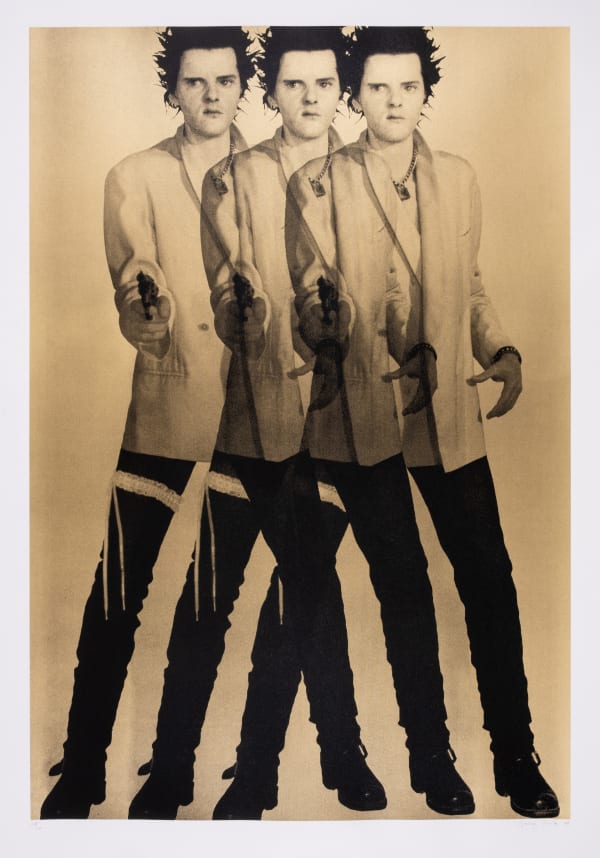-

Gillian Ayres
-

Walter Beckers
-

Trudy Benson
-

Katherine Bernhardt
-

Andrew Birk
-

Peter Blake
-

Henry Blond
-

Bram Bogart
-

Sophia Bounou
-

Joe Bradley
-

Isaac Brest
-

Kadar Brock
-

Christina Burch
-

Alexander Calder
-

Francis Cape
-

Lawrence Carroll
-

Lynn Chadwick
-

Billy Childish
-

Marieta Chirulescu
-

Serge Attukwei Clottey
-

Bernard Cohen
-

Gabriela Cohen
-

Harold Cohen
-

Keith Coventry
-

Michael Craig-Martin
-

Sandu Darie
-

Nick Darmstaedter
-

Ian Davenport
-

Alan Davie
-

Luca Dellaverson
-

Louis Eisner
-

Zavier Ellis
-

Ayse Erkmen
-

Boyle Family
-

Ayan Farah
-

Paul Feiler
-

Teresita Fernández
-

Ian Hamilton Finlay
-

Eric Fischl
-

Mark Flood
-

Lucio Fontana
-

Pius Fox
-

Katrin Fridriks
-

Elisabeth Frink
-

Cyprien Gaillard
-

Aaron Garber-Maikovska
-

Timothy Gatenby
-

Stewart Geddes
-

Mario Giacomelli
-

Henrik Godsk
-

Andy Goldsworthy
-

Jack Greer
-

Brad Grievson
-

Tamar Halpern
-

Keld Helmer-Petersen
-

José Antonio Hernández-Díez
-

Roger Hilton
-

Damien Hirst
-

David Hockney
-

Clyde Hopkins
-

John Hoyland
-

Robert Indiana
-

Albert Irvin
-

Parker Ito
-

Susumu Kamijo
-

Jacob Kassay
-

Jordy Kerwick
-

John Knuth
-

Gary Komarin
-

KYNE
-

Rezi van Lankveld
-

Louise Lawler
-

Dean Levin
-

Erik Lindman
-

Robert Longo
-

Brendan Lynch
-

Dylan Lynch
-

Tobias Madison
-

Tafadzwa Masudi
-

Nick Mauss
-

Paul McDowall
-

Adam McEwen
-

Mac McNaughton
-

Sulette van Der Merwe
-

Laura Migotto
-

Shintaro Miyake
-

Tracey Moffatt
-

Henry Moore
-

Inge Morath
-

François Morellet
-

Simon Moretti
-

Jill Moser
-

Carter Mull
-

Matt Mullican
-

Thierry Noir
-

Christopher Noulton
-

Katja Novitskova
-

Julian Opie
-

Yigal Ozeri
-

Ruairiadh O’Connell
-

Nicolas Party
-

Grear Patterson
-

A.R. Penck
-

Grayson Perry
-

Mike Perry
-

Paul Pfeiffer
-

Stephen Prina
-

Scott Reeder
-

Bridget Riley
-

Pipilotti Rist
-

Auguste Rodin
-

Mimmo Rotella
-

Josh Rowell
-

Sterling Ruby
-

Thomas Ruff
-

Ed Ruscha
-

Jörg Sasse
-

Ryan Conrad Sawyer
-

Mario Schifano
-

Bernd Schwarzer
-

Hugh Scott-Douglas
-

William Sellers
-

Masato Seto
-

Bianca Sforni
-

David Benjamin Sherry
-

Stephen Shore
-

David Shrigley
-

Tamuna Sirbiladze
-

Hunt Slonem
-

Travess Smalley
-

Josh Smith
-

Lucien Smith
-

Matt Sheridan Smith
-

Richard Smith
-

Kasper Sonne
-

Michael Staniak
-

Martina Steckholzer
-

John Stezaker
-
![Chris Succo - Proper Naughty Rap Metal [TJG#2], 2015](data:image/gif;base64,R0lGODlhAQABAIAAAAAAAP///yH5BAEAAAAALAAAAAABAAEAAAIBRAA7)
Chris Succo
-

Donald Sultan
-

Peter Sutherland
-

Emilio Tadini
-

Mohammad Ali Talpur
-

Sam Taylor-Johnson
-

Augustus Thompson
-

Oscar Tuazon
-

Giulio Turcato
-

Gavin Turk
-

Michael Tyzack
-

Joana Vasconcelos
-

James Vaulkhard
-

Ned Vena
-

Fredrik Værslev
-

Mark Wallinger
-

Andy Warhol
-

David Kim Whittaker
-

Julian Wild
-

Jonas Wood
-

Michaela Zimmer
-

Feng Zhengjie 俸正杰
-

Zhu Tian 朱田
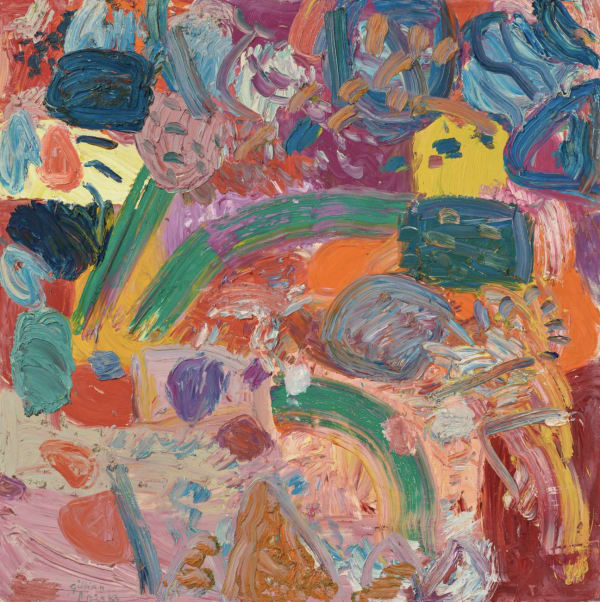


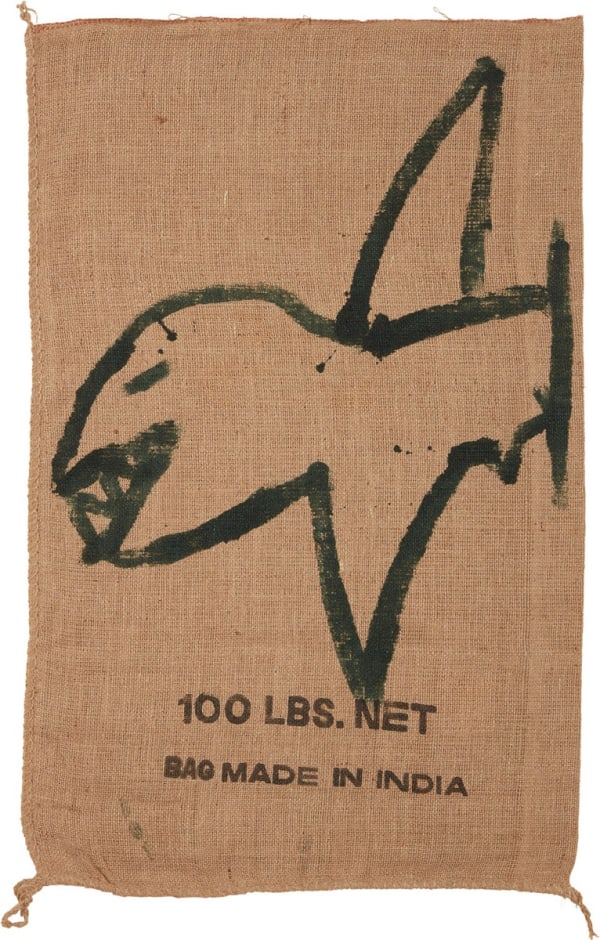





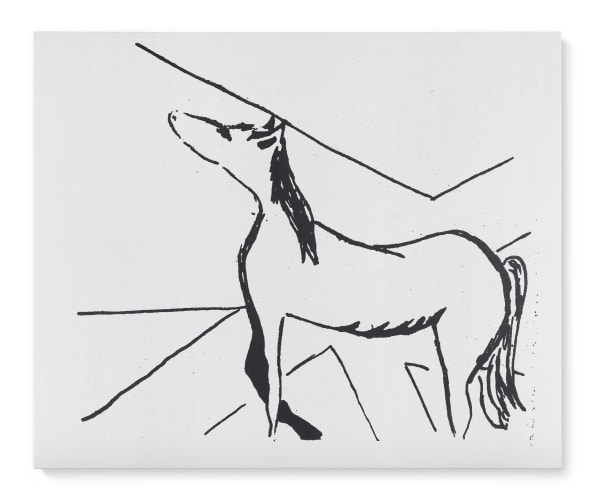



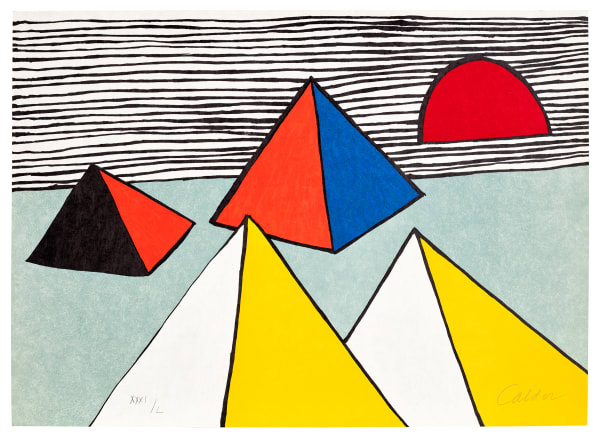






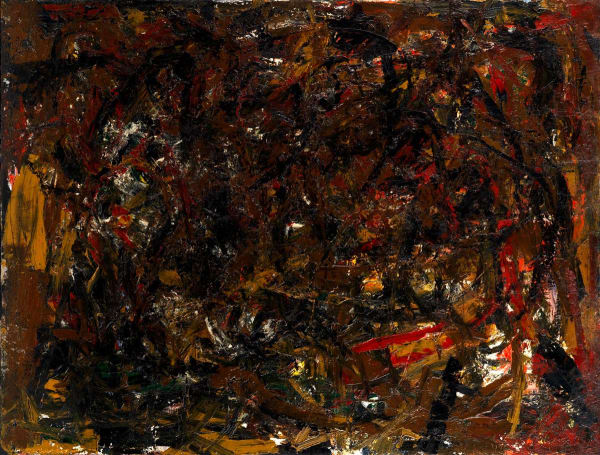
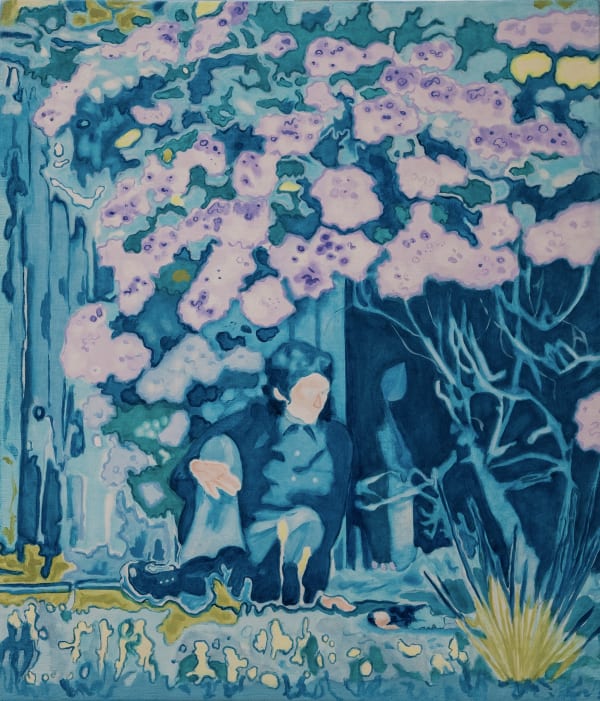
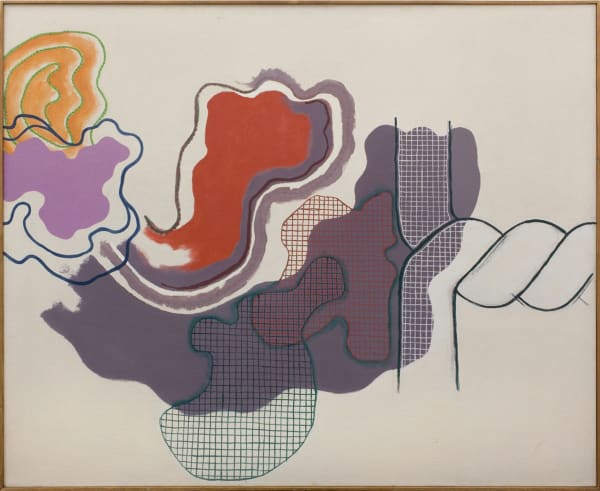




















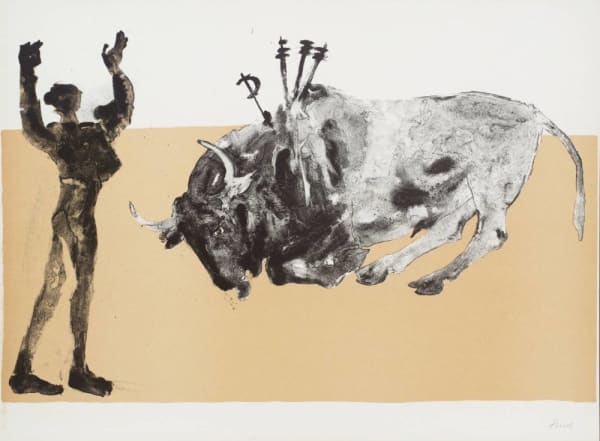


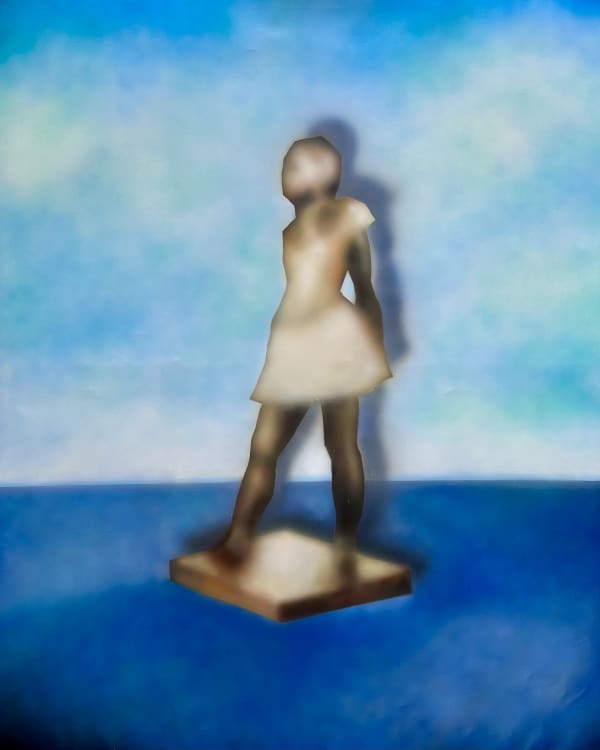











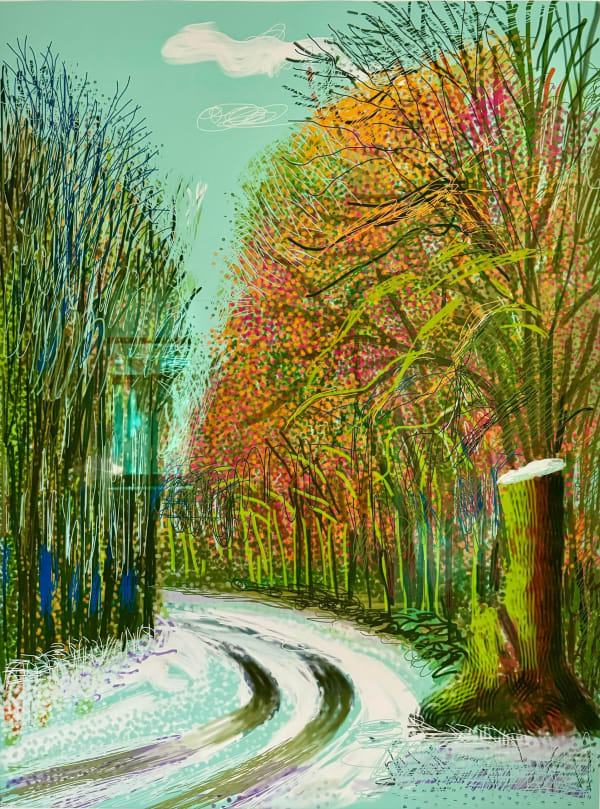

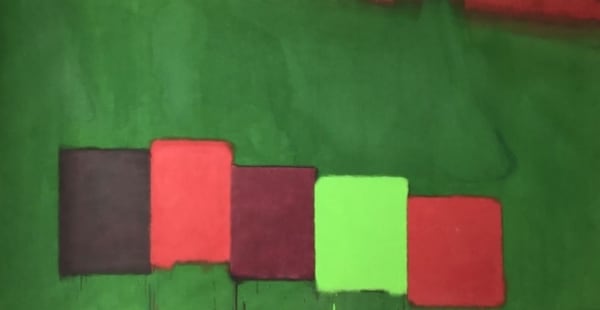

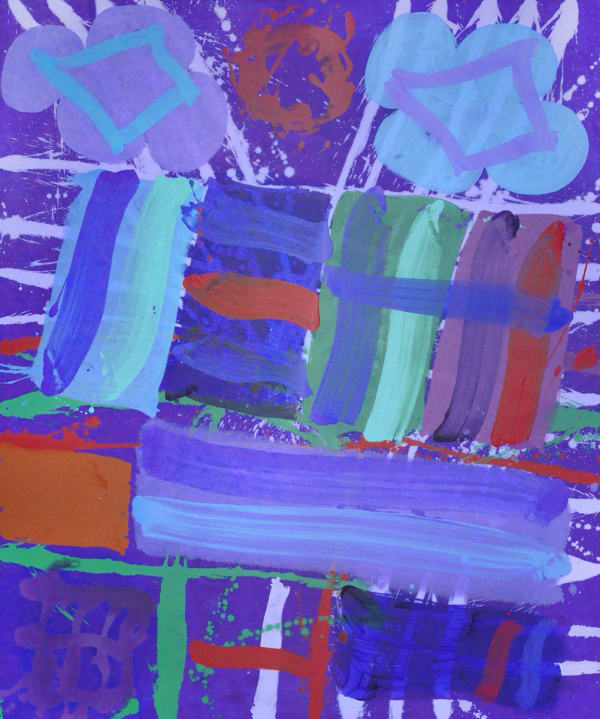



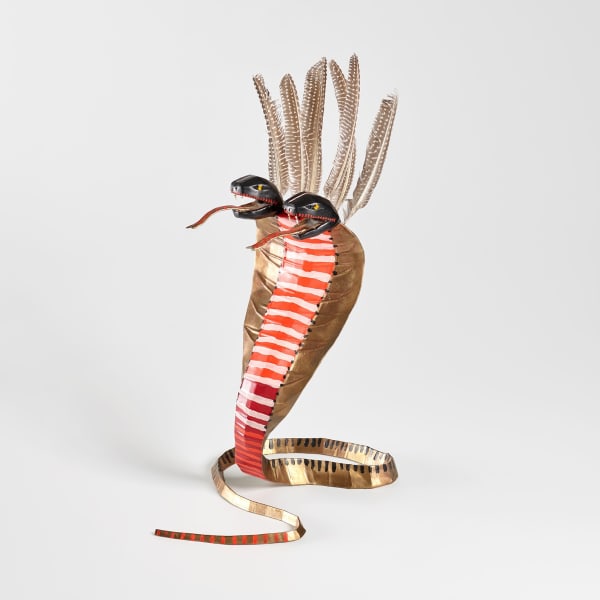


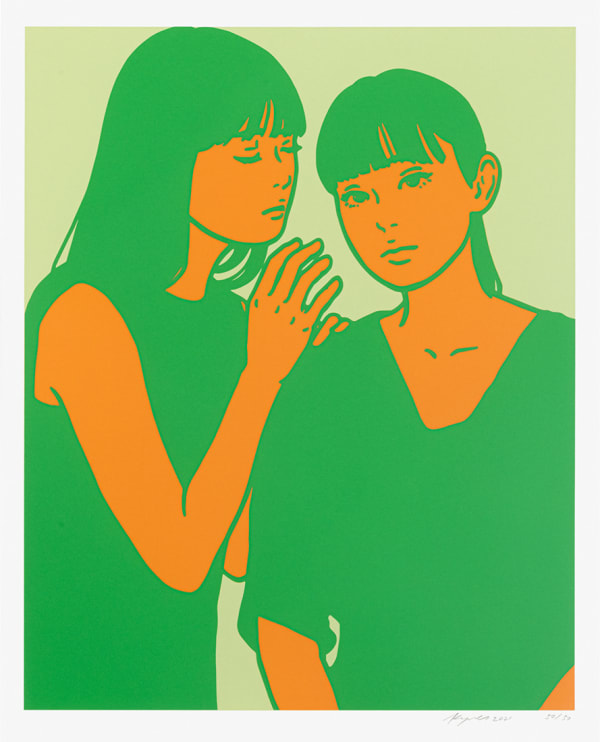






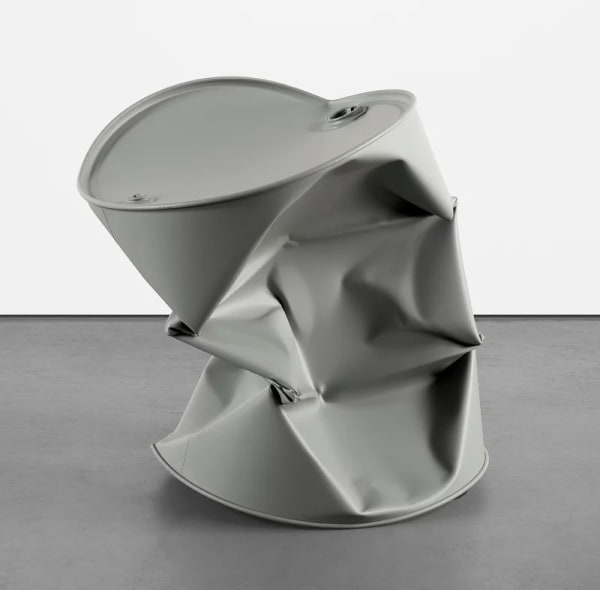





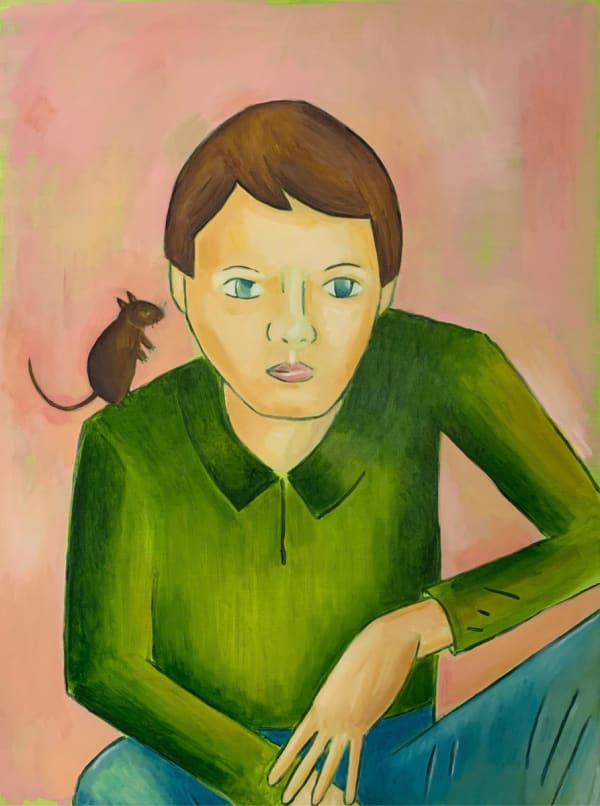
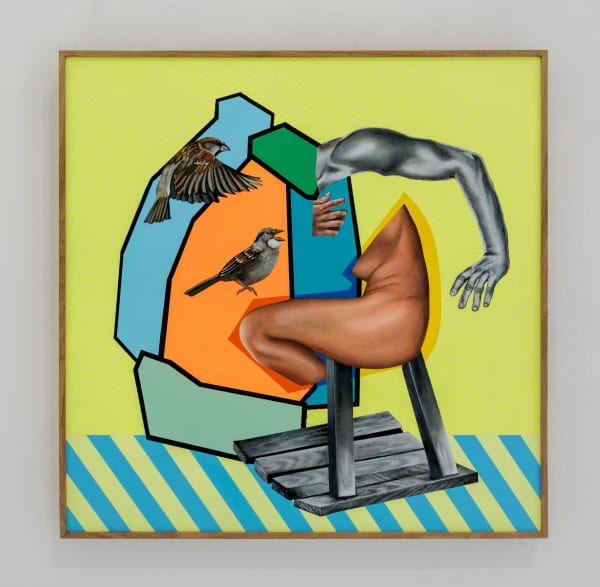
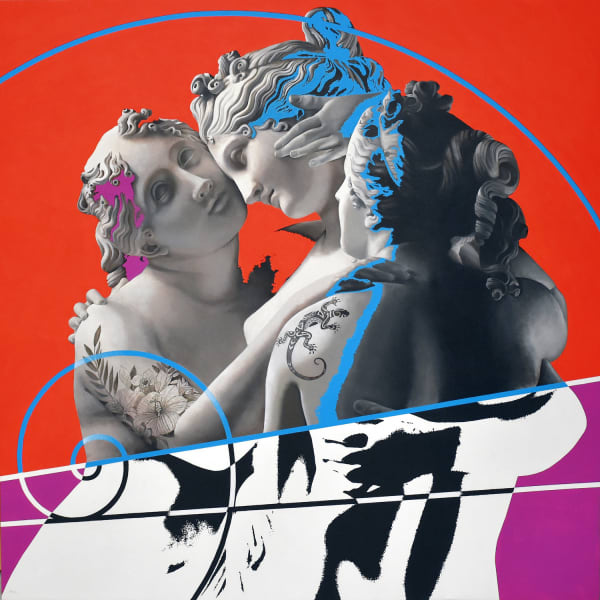










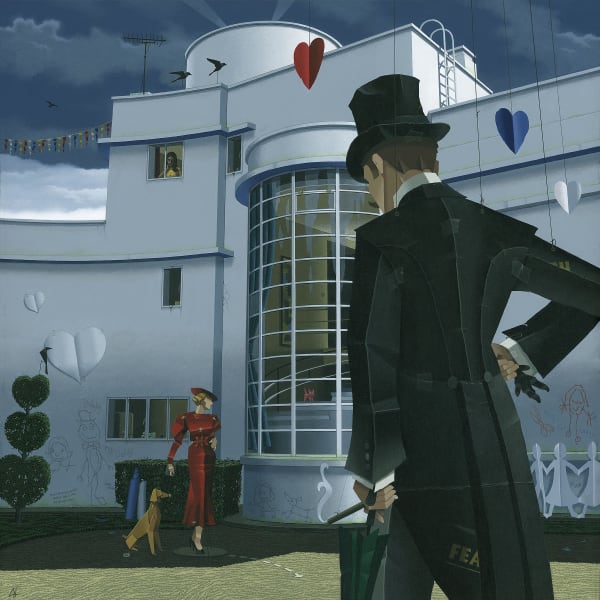

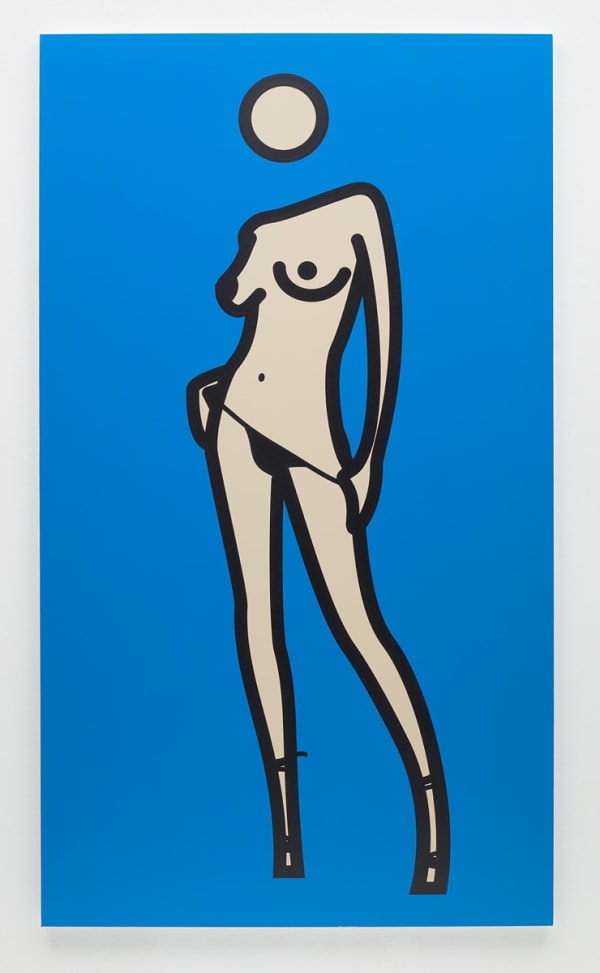




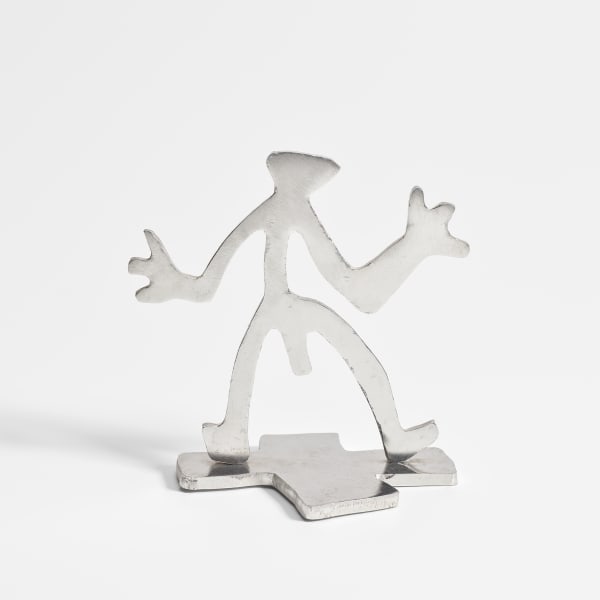
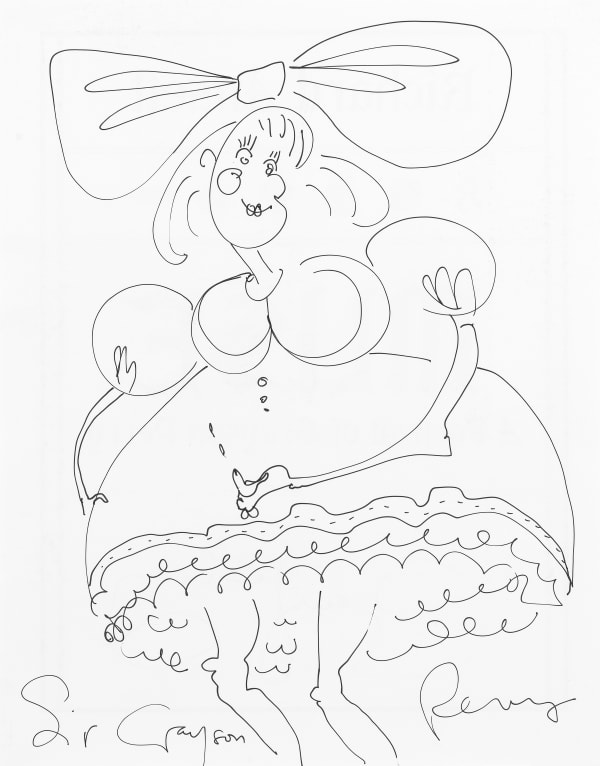




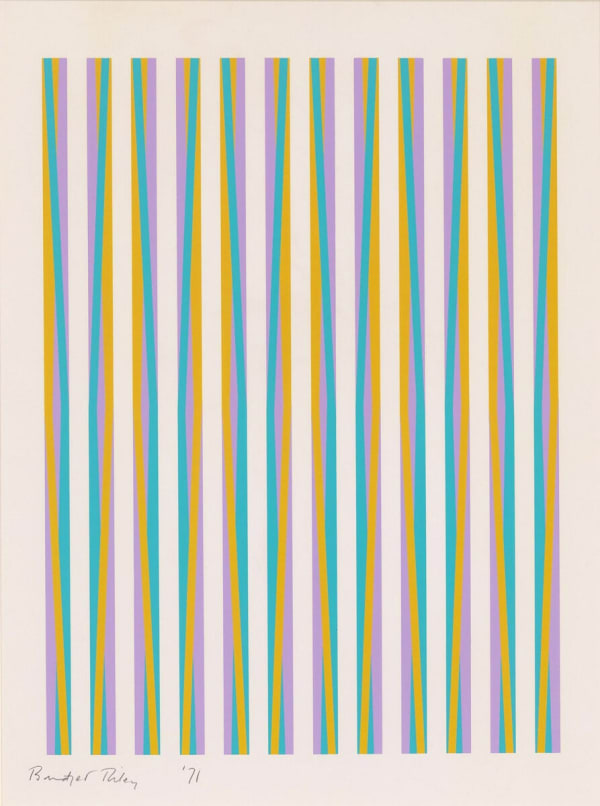

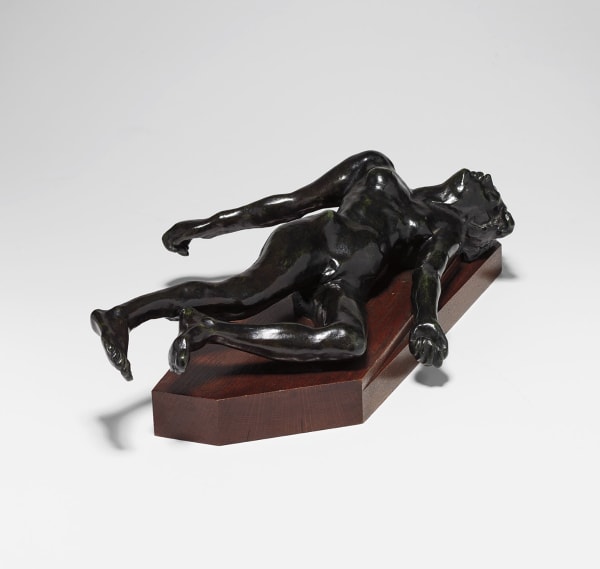




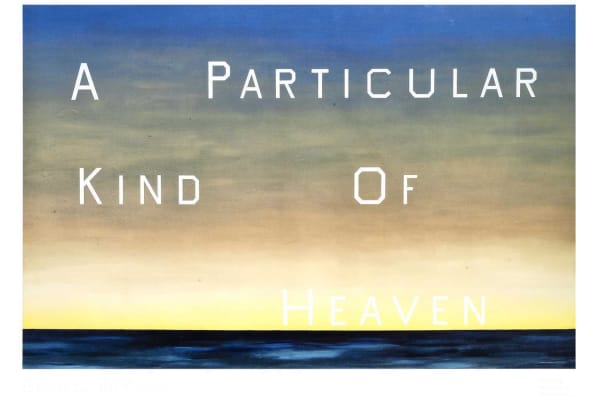


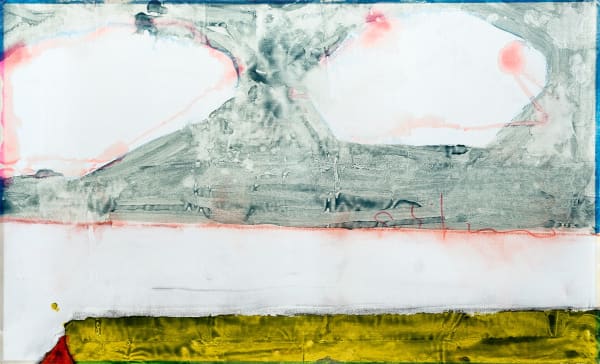


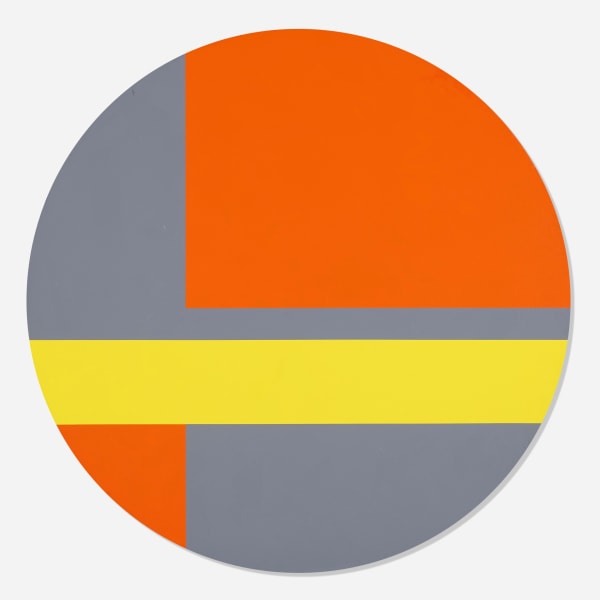

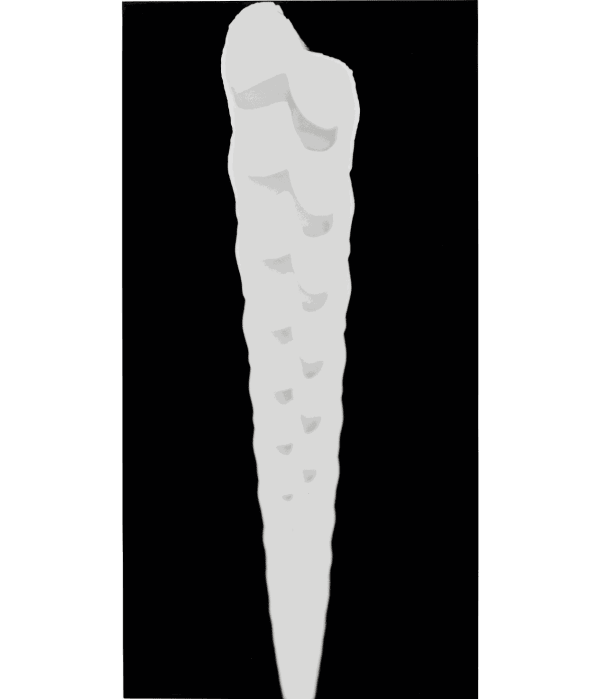

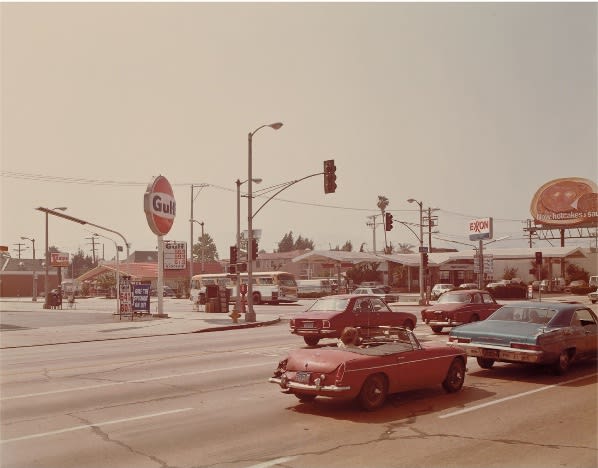

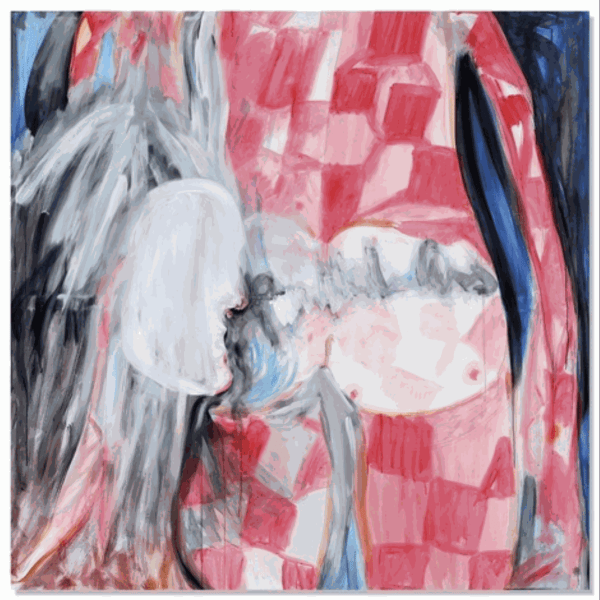








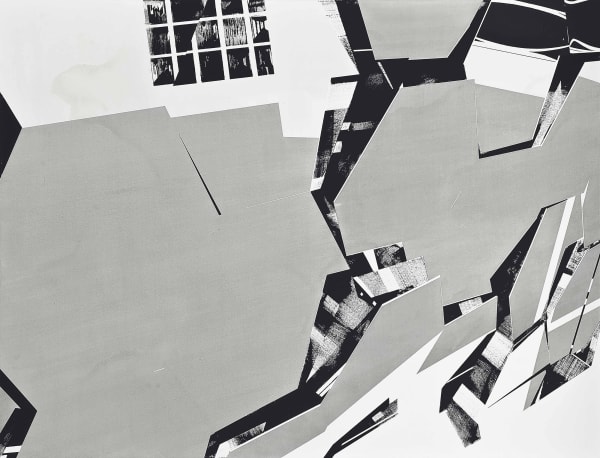

![Chris Succo - Proper Naughty Rap Metal [TJG#2], 2015](https://artlogic-res.cloudinary.com/w_600,c_limit,f_auto,fl_lossy,q_auto/ws-artlogicwebsite1426/usr/images/artists/artwork_image_for_artists_page/items/b7/b7562902e74b411e9de3a1d8a8f24dd6/blond-contemporary-succo-chris-proper-naughty-rap-metal.jpeg)








